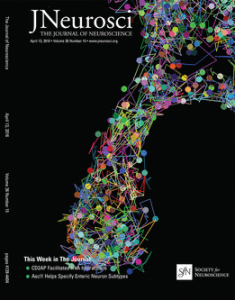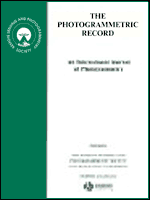
Journals typically shy away from publishing data and text readers have seen before — but amidst the newly established norms of open science and data sharing, what counts as a prior publication?
We’re asking ourselves that question after learning that JAMA Pediatrics has rejected a letter rebutting a recent study in the journal about sexual assault on college campuses after deciding that posting the letter on PubPeer is a prior publication.
The submitted letter (which you can read here) was co-authored by independent consultant, therapist and researcher Jim Hopper, who is also a Teaching Associate in Psychology at Harvard Medical School. It concerned a 2015 paper published in JAMA Pediatrics, which suggested that the long-held belief that most rapists on college campuses are repeat offenders may be false. The findings can have major implications for university efforts to stop assaults, as institutions weigh whether to divert resources towards punishment (if serial offenders are largely responsible) or prevention (if most men only commit assaults once). Continue reading Does posting on PubPeer count as prior publication? Journal says yes, rejects letter rebutting campus sexual assault data








